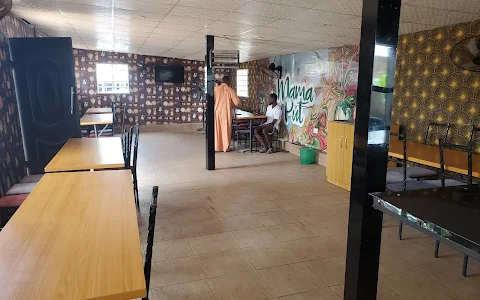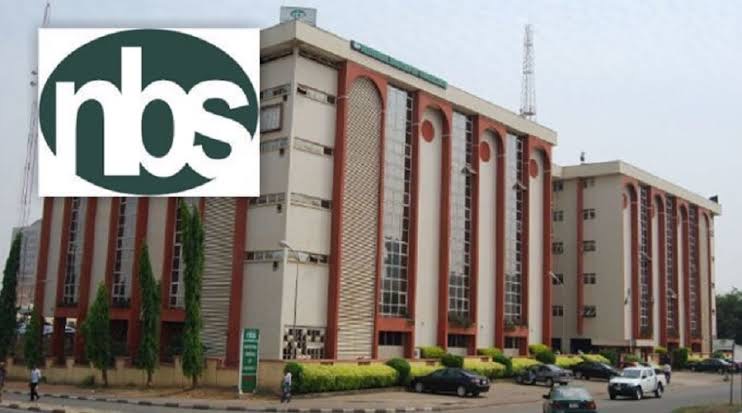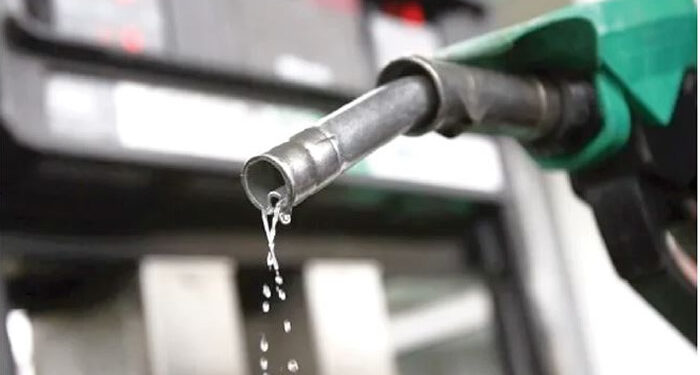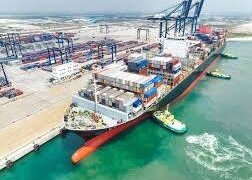Restaurant owners in the Federal Capital Territory (FCT) have voiced their concerns over the impact of the rising fuel costs on their businesses, urging the federal government to take action and address the issue.
In separate interviews conducted in Abuja on Sunday, several restaurant operators expressed frustration over the adverse effects of the increased fuel prices on their daily operations, particularly in terms of transportation costs and food pricing.
According to restaurant owner Likita Faith, the hike in fuel prices has forced her to raise the prices of her food items by 10 to 15 percent in order to maintain profitability and cover the rising expenses of running her business.

She explained that, as a result, some of her customers have been forced to make difficult choices, such as skipping meat from their meals or reducing the portions they order, to manage their budgets.
Faith emphasized that the situation is dire for many Nigerians who are already grappling with financial difficulties. “The government should settle this issue of fuel increase to make things easier for Nigerians who are already finding it difficult to make ends meet,” she stated.
Her plea reflected the sentiments of many in the restaurant industry who are struggling to stay afloat amid the rising operational costs.
Judith Akor, another restaurant owner, highlighted the direct impact of fuel price increases on her business and the resulting dip in her income.
Two months ago, Akor used to sell a plate of food for N500, but the price has now surged to between N800 and N900, depending on the type of meal.
She pointed out that the rise in prices has led to a sharp decline in patronage, further exacerbating her financial difficulties.
“Patronage has also dropped, and this has affected my income as I do not make much profit. I know it may be difficult for the price of things to come down, but the government should at least address the issue of fuel increase because many businesses are affected directly or indirectly,” Akor explained.
Deborah John, a third restaurant owner, described local eateries as the “heartbeat” of many communities, and she emphasized that these businesses are struggling to cope with the soaring costs of fuel and food.
John lamented that the price hikes have significantly increased her operational costs, including transportation, food supplies, cooking gas, and charcoal.

She said her earnings have been impacted due to the reduction in customer turnout. “The fuel hike has increased our operational costs significantly. We are paying more for transportation, food items, cooking gas, and charcoal.
So, I am not getting as much income as expected because of low patronage from customers,” John noted.
She called on the government to address the fuel price issue and invest in infrastructure improvements, such as upgrading storage facilities and repairing the nation’s refineries, to alleviate some of the burdens faced by businesses.
Ngozi Eze, another restaurant owner, echoed similar concerns, stating that the high cost of fuel has forced her to raise the prices of her food, which in turn has reduced her customer base. Eze pointed out that three months ago, she was selling a plate of rice for N500, but she now has to charge N1,000 to cover her costs.
She expressed her frustration and desperation, urging the government to act swiftly and fairly. “If I don’t sell at this price, I cannot pay my workers or even provide for my family,” Eze said. She concluded with a heartfelt plea: “I plead with the government to do the right thing and stop punishing the poor masses. We are suffering.”
Recent statistics from the National Bureau of Statistics (NBS) highlight the extent of the problem.
According to the NBS, food prices for August 2024 have risen significantly, with notable increases in items such as beans, yam, garri, onions, rice, and eggs.
The rise in food prices reflects broader inflationary trends, exacerbated by the rising cost of fuel and its ripple effects on the cost of goods and services throughout the economy.
Restaurant owners, who often serve as the cornerstone of local communities, are now facing the dual challenge of rising operational costs and declining customer demand, forcing many to rethink their pricing strategies.
However, these business owners are united in their call for government intervention to ease the burden and ensure that essential services, such as affordable food, remain accessible to Nigerians.
The increase in fuel prices has left many restaurant owners in the FCT struggling to maintain their businesses as operational costs continue to rise.
With food prices climbing, the ability of ordinary Nigerians to afford meals is being tested, and restaurant owners are calling for swift action from the government to mitigate the negative impact on their livelihoods and the broader economy.


































